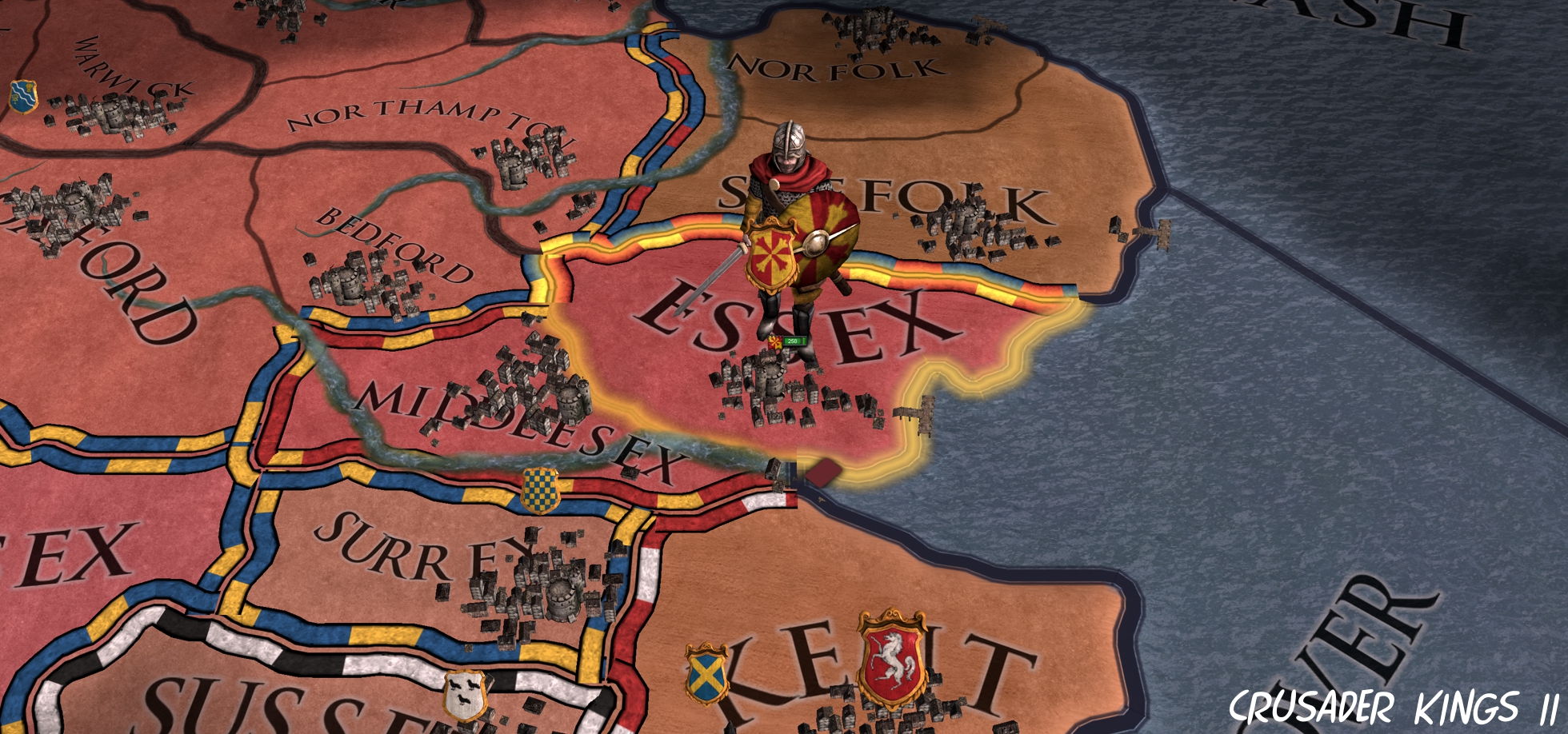
Two things are central to the study of computer games: computers and games. The computer part is taught elsewhere; this module concentrates on the games part.
The module begins with an examination of games in general, gradually coming to focus on computer games in particular. This in turn leads to an extended, practical consideration of computer game design.
Upon completion of this module, students should be confidently able to design and specify fun, non-trivial computer games.
Learning Outcomes
After completing this module, students will be expected to be able to:
1. Evaluate the mechanics of a game.
2. Explain gameplay elements in terms of game theory.
3. Describe the relationship of story and computer games.
4. Outline the effect of computer games on wider culture.
5. Create an outline design spec for a computer game of their own devising.
Outline Syllabus
Theories of game
Definition of "game"
History of computer games
Game mechanics
Fun: flow, presence, immersion
Story structure: Aristotle, Syd Field
Game criticism
Sources of uncertainty
Basics of game design
Philosophy of computer game design
Design documentation: pitch, treatment, spec, doc
Narrative, backstory and history
Gameplay
Game theory
Core gameplay
Contextual gameplay
Localisation
Game development
Industry overview
Development timeline
Divisions of a game development company
Game development post-mortems
- Module Supervisor: Katerina Bourazeri